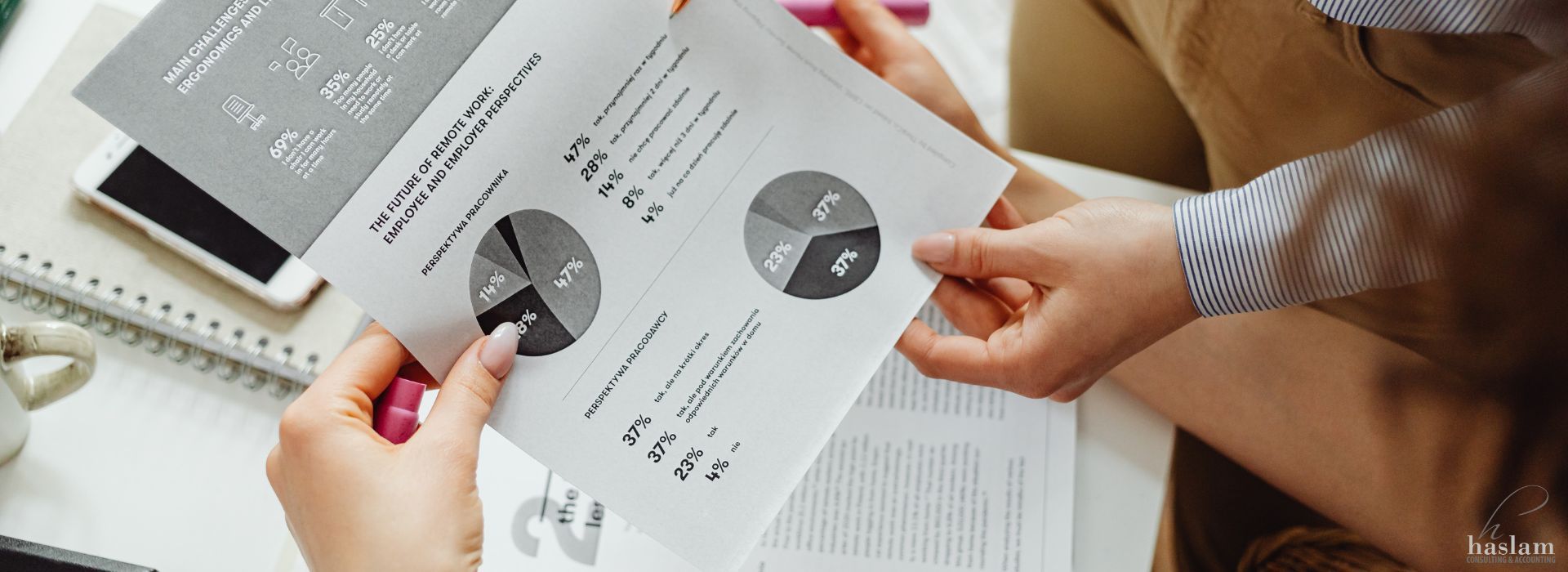Understanding the Basics of Capital Gains Tax
Want to make sure you’re not paying too much capital gains tax? Keep all your asset records to make tax calculations easy. We'll make sure you receive any exemptions, discounts, or small business concessions allowed and check for special circumstances.
A capital gain (or loss) occurs when an asset is sold. The difference between the purchase price and the sale price is the gain or loss. Capital gains tax (CGT) applies to money you have made from selling an eligible asset.
Capital gains tax events occur when an asset is sold, or other triggers arise, such as the loss, theft, or destruction of an asset, or creating contractual or other rights to an asset.
Not all assets are subject to CGT. Common exemptions include the main residence or family home, granny flats, cars and motorcycles, personal use assets such as boats, furniture, household items or loans to family and friends. Many types of lump sum payments are also not subject to CGT, and business sales may also be exempt depending on the circumstances.
Most property is subject to CGT, including land, commercial premises, rental properties, holiday houses and hobby farms. CGT also applies to shares, investments, cryptocurrency, many collectables, foreign currency and intangible assets.
Visit the ATO for a list of CGT assets and exemptions here.
There are special rules for some specific situations, for example, inheriting assets, relationship breakdown, foreign residents, insurance or compensation payments.
How is the Tax Calculated?
Tax is calculated on the net gain of an asset sale. Tax is payable on the difference between the purchase price and sale price, less any discount allowed.
The type of CGT event affects how and when capital gains tax is calculated. For example, if an asset is destroyed in an accident, the CGT event occurs when the insurance payout is received.
Good record keeping is key to working out capital gains tax accurately. Make sure you keep all documents related to asset purchases, including contracts, expenses valuations and disposal.
CGT is calculated at the time of completing your individual, business or self-managed super fund tax return and is included in the income tax assessment.
Talk to us to ensure you’re claiming all you’re entitled to and not paying more tax than you should. We’ll make sure you’re receiving any exemptions, discounts or small business concessions allowed.















